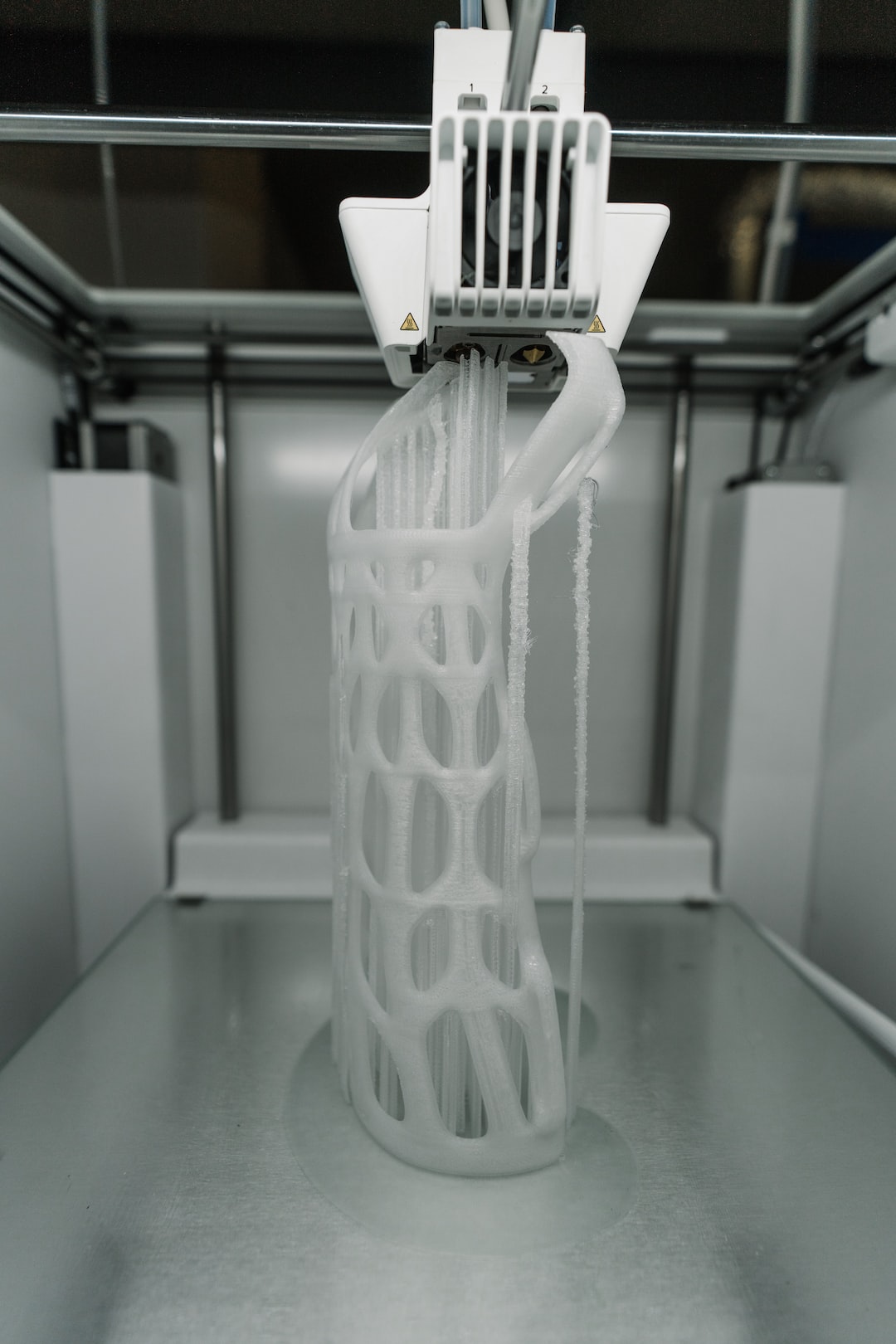Building a High-Performing Production Team: Key Strategies
In any industry that requires production, whether it is manufacturing, software development, or film production, having a high-performing team is essential for success. A high-performing production team ensures that projects are completed efficiently, deadlines are met, and quality is never compromised. So, how can one build such a team? Here are some key strategies to consider.
1. Hiring the Right People
The foundation of a high-performing production team lies in hiring the right individuals. Look for candidates who not only possess the necessary skills and experience but also have a passion for the work they will be doing. A team of dedicated individuals who genuinely care about the end result is more likely to go the extra mile, take ownership of their work, and work collaboratively with their teammates.
2. Establishing Clear Goals and Expectations
To ensure everyone is on the same page, it is crucial to establish clear goals and expectations right from the start. This includes discussing project objectives, individual responsibilities, and the overall vision for the team. Clear communication from the beginning helps in aligning everyone’s efforts towards a common goal, reducing misunderstandings, and fostering a sense of purpose within the team.
3. Encouraging Collaboration and Communication
Encouraging collaboration and effective communication is key to building a cohesive production team. Team members should feel comfortable sharing their ideas, opinions, and concerns openly. This can be achieved through regular team meetings, brainstorming sessions, and fostering an inclusive and respectful work culture. When team members are actively engaged and feel heard, they are more likely to contribute their best work and support one another.
4. Providing Opportunities for Growth and Development
Investing in the growth and development of team members not only enhances their skills, but it also boosts their morale and motivation. Offer training programs, workshops, and mentorship opportunities to help team members expand their knowledge and improve their expertise. This not only benefits individual team members but also improves the overall capabilities of the team, ultimately leading to higher performance.
5. Promoting a Positive Work Environment
A positive work environment plays a crucial role in fostering a high-performing production team. Creating an atmosphere where team members feel supported, valued, and respected increases job satisfaction and reduces turnover. Foster teamwork, recognize individual and team achievements, provide regular feedback, and maintain an open-door policy to encourage a positive and collaborative workplace culture.
6. Embracing Technology and Automation
In today’s digital age, embracing technology and automation can significantly enhance the performance of a production team. Identify areas where automation can streamline processes, reduce errors, and increase efficiency. By automating repetitive tasks, team members can focus on more critical and creative aspects of their work, resulting in increased productivity and improved output quality.
7. Emphasizing Continuous Improvement
To remain competitive and maintain high performance, a production team should continuously strive for improvement. Encourage team members to suggest innovative ideas, identify areas of improvement, and implement new strategies. Emphasize a culture of learning, adaptability, and flexibility to stay ahead of the curve.
Building a high-performing production team is an ongoing process that requires effort and commitment. By hiring the right people, setting clear goals, fostering collaboration, investing in growth, promoting positivity, embracing technology, and emphasizing continuous improvement, businesses can create a production team that consistently delivers exceptional results. Remember, a high-performing team not only leads to better productivity but also boosts employee satisfaction and ultimately contributes to the overall success of the organization.

